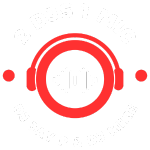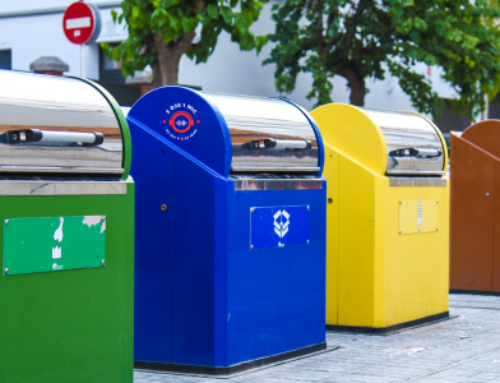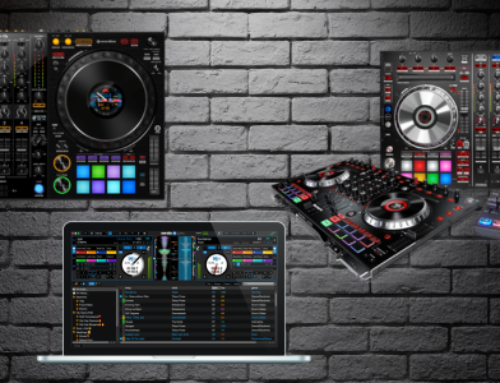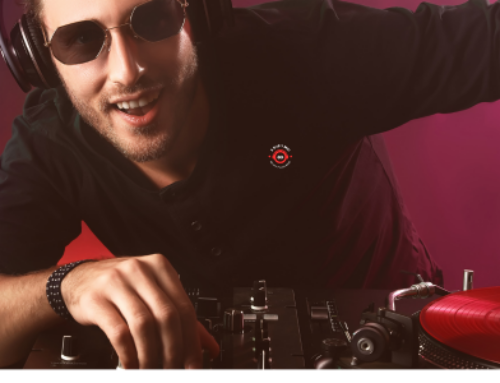As a DJ with over 38 years of experience, I’ve spent a lifetime bringing music to life at events like private parties, corporate gatherings, fashion shows, school dances, and sports events. Music has been my way of connecting with people, creating moments that stick with them long after the last track fades out. Recently, I had a meaningful conversation with my friend and mentee, Chris Johnson, aka 2C The DJ, that sparked some deep reflections. He asked me, How do you know when you’re possibly growing out of your love for DJing or something similar?
It’s a tough question—one that I’ve asked myself over the years. There are times when you wonder if the passion that once set your heart on fire has started to flicker. As a DJ who’s been around for decades, I’ve faced this, and I know that many others have, too. Whether you’ve been DJing for a few years or a few decades, you might find yourself at a crossroads, asking if you’re losing the love that once felt so certain. So how do you know when it’s happening, and what can you do about it?
The Emotional Shift: Signs You May Be Growing Out of DJing
The first sign I experienced was the music itself not stirring the same emotions. For me, today’s Hip-Hop is where this shift has hit hardest. I’ve always loved music, but lately, I’ve felt a disconnection with the beats and lyrics of current Hip-Hop. I’m drawn more to other genres, and while my passion for music hasn’t died, this disconnection makes me wonder if I’m growing out of the very thing I’ve dedicated my life to.
Another sign of growing out of DJing can be burnout. Years of late nights, event after event, and the constant pressure to perform with energy can start to take their toll. What once felt like a joy, a thrill, begins to feel like a routine—just another job. That shift from passion to obligation can make you question if you’re truly still in love with DJing or if you’re just going through the motions. And that’s a hard reality to face for anyone who’s poured their heart into this craft.
Disconnecting from the Crowd: The Hip-Hop Gap
One of the biggest emotional challenges I’ve faced lately has been my disconnect with younger crowds who are heavily into today’s Hip-Hop. I’ve DJed for every kind of event, and I’ve always prided myself on reading the room, knowing the crowd, and delivering the perfect vibe. It’s something I took pride in—feeling the pulse of the people and giving them exactly what they needed.
But lately, I’ve found myself struggling with younger audiences that want to hear the latest Hip-Hop. The music they want doesn’t ignite the same fire in me that it once did, and that leaves me feeling like I’m losing touch with the very people I’m supposed to be connecting with. It’s not that I don’t understand their music, but it just doesn’t resonate with me in the same way it does with them. And when you can’t connect with the music your audience loves, it creates a gap—a gap that’s not just technical but deeply emotional.
This is one of the hardest feelings to grapple with as a DJ. It’s not about your skill level; it’s about the emotional connection between the music, the crowd, and yourself. When that connection weakens, it feels like you’re losing a part of what made DJing so powerful for you in the first place. It’s not just about playing music anymore—it’s about wondering if the love that drove you is slipping away.
The Pressure of Being an Open-Format DJ
As an open-format DJ, versatility is something I’ve always taken pride in. I’ve spun everything from Hip-Hop to House, Top 40 to niche genres. But there’s an emotional weight that comes with being open-format. It means you’re expected to adapt to every style, every trend, and stay current with every shift in music culture. And that can be exhausting—especially when the music that’s trending doesn’t resonate with you.
I used to believe that being an open-format DJ meant I had to love every genre equally. But I’ve come to realize that’s not true. Being open-format means being willing to play a variety of music to create the experience your crowd needs, but it doesn’t mean you have to personally connect with every song you play. And that’s okay. We all have preferences and genres that don’t move us. The key is being honest about it—first with yourself, and then with others.
Reconnecting with Your Why
If you’re starting to feel like you’re growing out of DJing, take a step back and ask yourself this: Why did I start DJing? What was it that first pulled you into this world? For me, it was always about the connection—connecting with people, creating experiences, and being the invisible force behind life’s most memorable moments.
But sometimes, as we grow and as music changes, we lose sight of that original passion. When that happens, you have to find a way to reconnect. Maybe it means focusing on the genres that still light your fire. Maybe it means evolving your role—whether that’s teaching, mentoring, or exploring other creative outlets like music production. For me, mentoring DJs like Chris has been one way to keep the love alive. When you remember your why, you’ll find new ways to stay emotionally connected to your craft.
Final Thoughts
Feeling like you’re growing out of DJing doesn’t mean you’ve failed or that your journey has come to an end. It’s an opportunity for reflection, growth, and rediscovery. It’s okay to admit when you’re struggling, especially with the changing music landscape and the pressure to stay connected with trends that don’t resonate. It’s okay to take a step back and reconnect with the music and moments that first inspired you.
DJing isn’t just about playing tracks—it’s about emotion, storytelling, and connection. Even if the music changes or your audience shifts, if you hold onto your why, you’ll always find a way back to the passion that started it all.
10 Questions for Reflection
- What originally inspired you to start DJing, and how has that inspiration changed over the years?
- How does today’s music, especially Hip-Hop, make you feel compared to the music that shaped your early DJ career?
- Have you experienced burnout as a DJ, and how did that affect your passion for music?
- Do you feel pressure to stay connected to trends that don’t resonate with you? How do you handle that pressure?
- Have you ever felt disconnected from your audience, and what impact did that have on your performance?
- How do you balance staying true to your own musical preferences while playing what the crowd wants to hear?
- Have you ever taken a break from DJing to reflect on your passion? How did it change your relationship with the craft?
- How do you reconnect with your why when you start feeling distant from DJing?
- What steps can you take to stay connected to the genres and music that still move you emotionally?
- How can you evolve your role as a DJ while staying connected to your passion and purpose?







Great article! I too have experienced the telltale signs of burnout in my 35+ year career. My solution to regain my passion for DJing was to focus more of my attention to event lighting and visuals.
Thanks for sharing Madd!